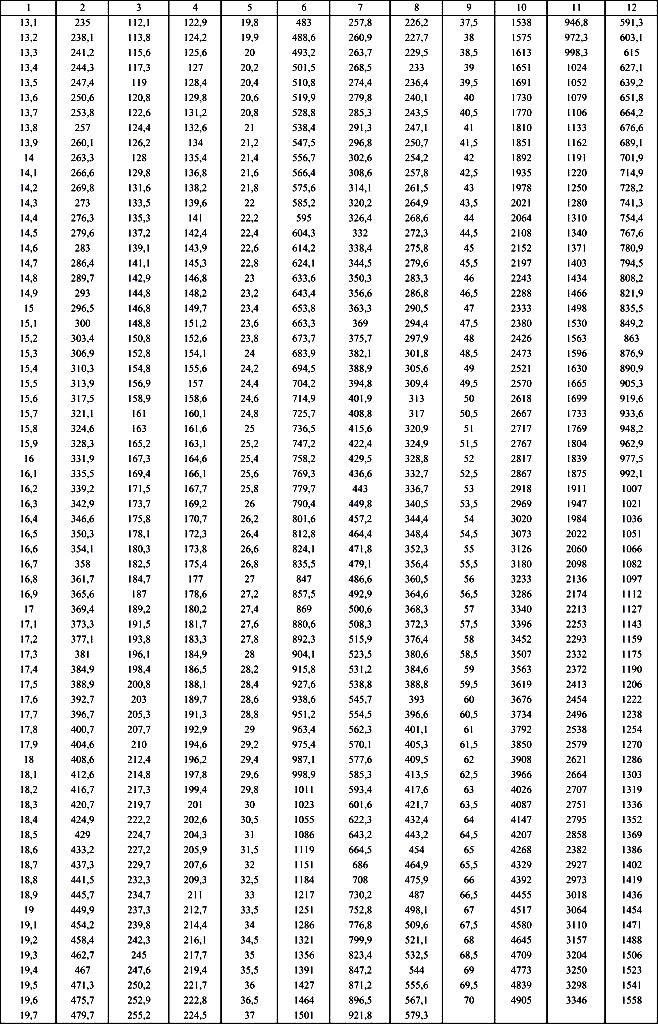
Programma Rascheta Plotnosti Nefteproduktov
The agenda focused on the further development of Russian-Czech relations, in particular, in trade, economic and cultural spheres, as well as current European and international matters. Following the talks, Vladimir Putin and Milos Zeman made statements for the press. * * * Beginning of talks with President of the Czech Republic Milos Zeman President of the Czech Republic: You had a with President yesterday. President of Russia Vladimir Putin: I will tell you the details of that meeting.
Milos Zeman: You have won in Syria, because he [President al-Assad] controls nearly the entire territory of Syria, with the exception of a few minor regions. And after all, he is the democratically elected president. Vladimir Putin: Mr President, you are absolutely right. Indeed, the Syrian government forces have resumed control of 98 percent of the country’s territory. There are a few remaining seats of resistance, but they are rapidly diminishing under the blows delivered by our Aerospace Forces, the Syrian Army and allies. I will give you a detailed account.
November 21, 2017 But first I would like to thank you for accepting our invitation. (Talking to the interpreter.) Sorry. Milos Zeman: Do not translate. Even journalists must understand Russian. If they do not, too bad for them. Vladimir Putin: Thank you. We are glad to see you.
And Visnapuu, L.J. (1964) Ob izmereniyakh plotnosti zaryada v. (1980) O strukture uchebnikov i programm po razdelu elektrichestva v. (1988) K metodike rascheta ekspluatatsionnoi nadezhnosti. Zagryazneniya prirodnoi sredy otkhodami nefteproduktov i masel//Prevention of.
Relations between the Czech Republic and Russia continue to improve despite the recent problems, including thanks to your efforts, Mr President. I want to point out that our trade, which had been falling in the past few years quite significantly – it nearly halved, has grown over the first nine months by over 40 percent. Elektronnij atlas dorog primorskogo kraya. It is a very good sign, a good indicator. Belaruskaya mova navuchaljniya kantroljniya perakazi 5 9 klasi. I know that you have a big agenda, including a visit to Yekaterinburg, if memory serves. This is one of the largest industrial centres in Russia, including in the Urals. You are accompanied by a large delegation of Czech business people. Milos Zeman: One hundred and forty business people.
Mr President, you know when I travelled to France, only fourteen business people accompanied me. One hundred and forty have come with me to Russia, which is ten times more.
Vladimir Putin: Because the Czech Republic has a bigger market here than in France. Milos Zeman: Absolutely. Vladimir Putin: This is the first reason. The second reason is because large Czech companies such as Skoda operate here successfully. Cooperation is also developing in the energy sector, both in hydrocarbons and nuclear power. There are some very interesting possibilities for cooperation in engineering, as I mentioned. Overall, we have many things to discuss, including cultural links since almost one quarter of the Czech population speaks or at least understands the Russian language.
Russians are also increasingly interested in the Czech language and I will talk about this later. Russia’s major theatre companies (the Mariinsky Theatre, the Russian Symphony Orchestra) are planning tours in the Czech Republic. We have things to talk about. I am happy to see you. Milos Zeman: The majority of these things are positive. Some are negative though. For example, Mr President, we wanted to bring the relics of Saint Ludmila to show you the deep roots of our common culture.
There were no ideological issues, only technical problems with arranging the relics’ placement and duration. Therefore, we have one more goal, which is to bring Saint Ludmila to Russia, not for two days as we planned first, but for a week or perhaps even longer. This is the only negative point. There are no problems in other areas.
All systems are operating normally as they say with spacecraft. Vladimir Putin: Thank you.
The European court of justice and the European atomic energy Agency This article analyzes the practice of the Court of Justice of the European Union in the field of peaceful uses of nuclear energy - the scope of activities of the European Atomic Energy Agency (Euratom). The author describes the main cases handled by the judicial institution of the Union for more than half a century of the existence of Euratom. In addition the author makes an attempt to highlight the key features of the Court of Justice of the European Union while dealing with this category of cases both in the direct and prejudicial jurisdiction. The features of legal support and legal regulation of the activity of integration type international organizations The submitted article reveals the essence of the concept «integration law» as an element of international integration, and considers the relationship of the «integration» and «supranational» law.